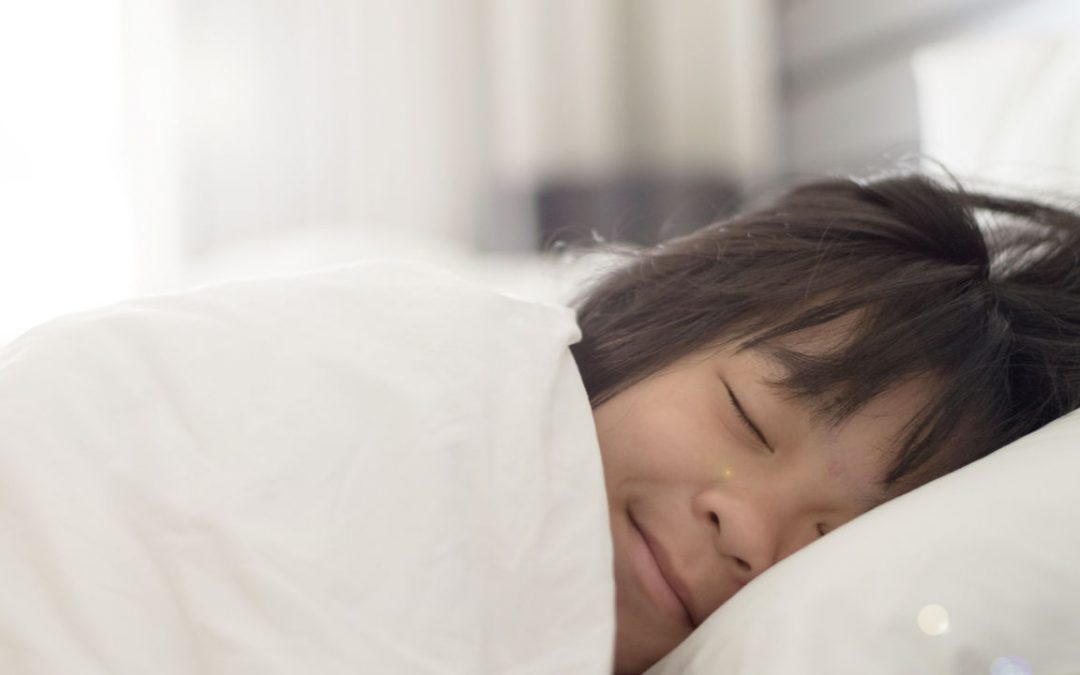If you are an ambitious person, surrendering eight hours of your day to sleep can often seem overwhelming, if not impossible. However, though sleep may be something that sometimes seems to be an inconvenience, it is still an absolute necessity. Individuals who get an adequate amount of sleep are typically happier, higher performing, and generally live healthier lives.
Though there are a few incredibly rare instances of individuals who genuinely require very little sleep, you should not assume you are one of these people unless a doctor or psychologist has told you otherwise. The average adult body requires eight hours of sleep per night for maximum productivity.
Though developing healthier sleeping habits is obviously something that is much easier said than done, these simple tips can hopefully get you oriented in the right direction.
Dedicate yourself to maintaining a consistent schedule
If you are one of many people who go to work early on weekdays and stay out late on weekends, developing a healthy sleeping schedule can be quite difficult. However, despite the fact that things would be easier if our bodies could simply turn on and off like a well-oiled machine, we cannot escape our natural instincts.
As time goes on, our bodies develop habits, establish rhythms, and form routines. Because the circadian rhythm for human beings is very close to the length of a day (a natural outcome of evolution), our bodies have been “programmed” to want to go to sleep and to wake up at the same time each day. Though your sleep schedule is likely dictated by your work and social calendars, making an effort to minimize the differences in sleep between the days of the week can produce some surprisingly rejuvenating results and lead to maximum productivity.
Even if you’re not tired, you should still at least try to commit yourself to going to sleep at a specific time each day (when possible). If you can’t fall asleep within the first half hour, consider reading for a bit and then going back to bed. Similarly, even if you are still tired, getting up early on the weekends can also help build more stable habits over time. Letting your body sleep in until noon on Sunday and then forcing it to get up at before six on Monday sends confusing signals and can often be unproductive.
Monitor your activities before going to sleep
Healthy sleep isn’t something that comes from dramatically shutting down, rather, it is something that needs to be gradually prepared for throughout the course of the night. This means that, even if you are not planning on falling asleep for several hours, your hope to sleep eventually should guide your decisions throughout each evening.
One of the most common causes of poor sleep is having caffeine (or any sort of stimulant, such as nicotine) late in the day. In a sense, stimulants send signals from your brain to your body saying “you need to stay awake!” Though the amount of time you should stop drinking caffeine before you go to bed will depend on your body size, tolerance, and general reaction to the substance, most people would recommend refraining from consumption after 3 pm.
Other activities to monitor before you go to bed include your alcohol and food consumption. Though alcohol is frequently consumed at the end of the day that does not mean that doing so is by any means healthy. If you have been drinking heavily, it is often wise to wait before actually going to sleep (you should also drink some water). Similarly, if you must eat later in the day, it is better to eat something light that can be easily digested. This will not only help create healthier sleeping patterns, but it will also help prevent you from gaining weight.
Limit your exposure to bright lights before bed
If you are like many people, you probably enjoy ending your day by watching some television and browsing on your smartphone. Though these activities can certainly be quite relaxing after a long and stressful day, they may artificially “trick” your brain into thinking that it is daytime and make it more difficult for you to fall asleep.
Because our bodies have evolved much slower than our technologies have, our brains are hard-wired to interpret all sources of light as the sun. Naturally, any indication that it is still daytime—whether this is caused from screens, excessively bright lighting, or anything else—will cause our brains to readjust their chemical balance. Though the difference this makes is relatively small, it can have a major influence on individuals who are already pressed for sleep. Most experts recommend refraining from using electronic devices at least one hour before you go to bed.
Focus on improving your sleeping environment
Though you may not be conscious of the world around you once you have actually fallen asleep, the conditions of your environment can have a major impact on your ability to stay asleep and experience every component of the sleep cycle (especially REM). The ideal conditions for sleeping will naturally vary between individuals, but there are a few general things that you should be mindful of.
Your body has methods of detecting light, whether you are fully conscious or not. Even if you are able to fall asleep with a normal amount of lights on, creating darker conditions can usually help you sleep for longer. Additionally, minimizing external sources of sound and other sources of stimulation can result in sleep that is much more profound.
Usually, it is much easier to achieve a full night’s sleep in a cooler environment rather than a warmer one. Some people also find that having a clean room reduces stress and makes falling asleep much easier. However, if you have been having difficulty sleeping, it may be a good idea to experiment with your environment over time.
It can also help to try a sleep meditation podcast. The relaxing vocals could help produce an environment which helps you doze off easier.
Conclusion
Whether you consider sleeping to be the highlight of your day or a major inconvenience, its importance is something that cannot be overstated. Completely changing your life in order to create better sleeping habits may seem unrealistic in the status quo. However, by trying to make a few simple changes over time, you will be able to dramatically improve your quality of sleep, feel fresher and in turn maximize productivity throughout your day.











